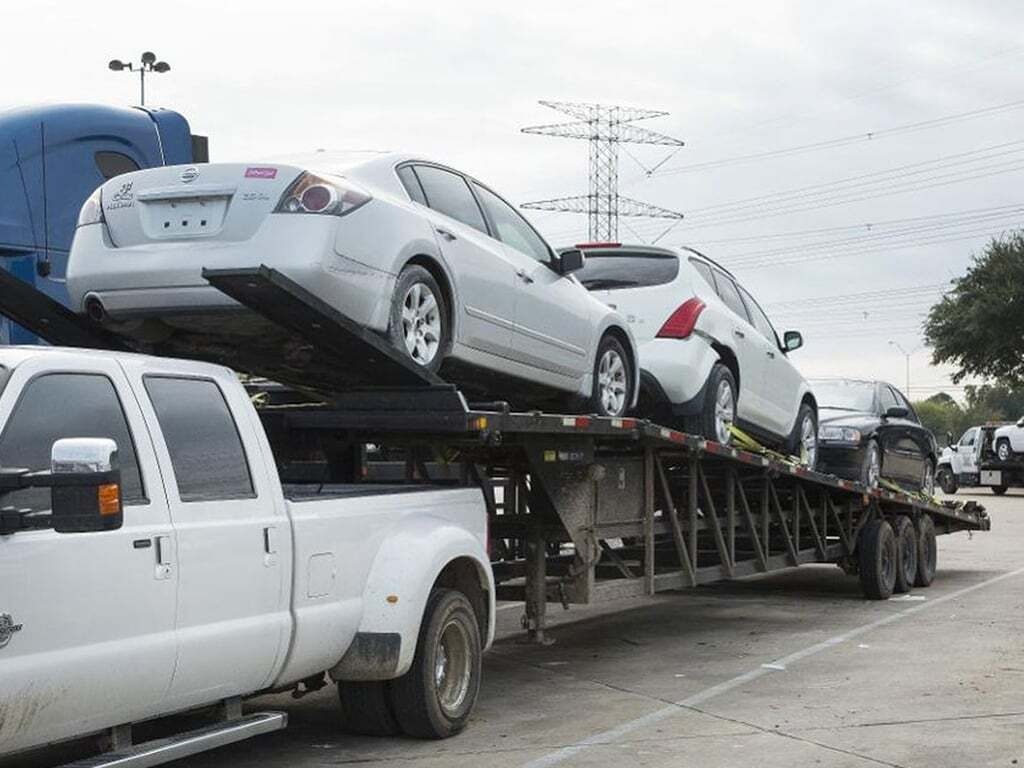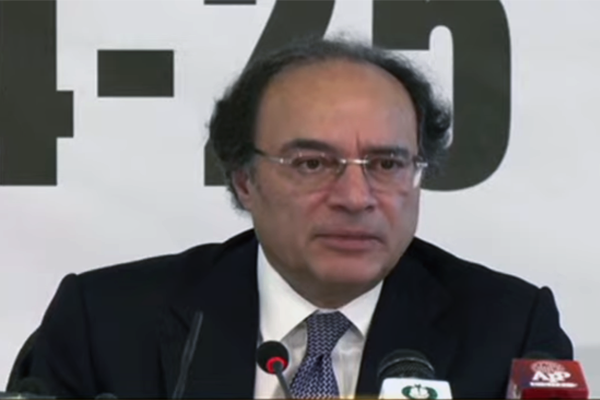PTBP Web Desk
The Federal Board of Revenue (FBR) is taking a significant stride towards modernizing its administrative processes and boosting transparency with the formal decision to introduce an online/e-auction module for the disposal of non-customs paid vehicles. This move is a critical component of the government’s broader commitment to leveraging technology for enhanced efficiency in public resource management.
The announcement followed a decisive follow-up meeting of the high-level committee dedicated to addressing the complex issues surrounding tampered and confiscated vehicles. The session was chaired by the Deputy Prime Minister and Foreign Minister, Senator Mohammad Ishaq Dar, whose presence underscored the strategic importance the government places on reforming this problematic area of revenue administration.
During the meeting, the FBR presented a detailed briefing on the proposed digital auction framework. The core objective of this new module is unambiguous: to ensure greater transparency, enhance efficiency, and guarantee fairness in the complex process of disposing of confiscated assets. Historically, the auction process for such vehicles has been a source of criticism, often plagued by allegations of non-transparency and undervaluation. The move to an online system seeks to eliminate manual intervention and create a level playing field for all potential bidders, thus securing optimal revenue generation for the state.
Deputy Prime Minister Dar, a seasoned economist and key figure in the country’s financial architecture, strongly reinforced the government’s resolve to adopt technology-driven solutions. He stressed that such digital transformations are essential not only for improving transparency but also for conserving valuable public resources.
The DPM/FM’s direct involvement in chairing the committee reflects a top-down mandate to clean up regulatory mechanisms that have, over time, become vulnerable to leakage and manipulation. By pushing for a transparent, online bidding process, the government aims to send a strong signal to both the local business community and international stakeholders regarding its commitment to good governance and accountability. The shift to e-auctioning is expected to draw a wider pool of participants from across the country, increasing competition and ensuring that the final sale price is truly reflective of the market value, thereby maximizing the revenue generated from the disposal of these confiscated assets.
This reform is particularly pertinent given the widespread issue of non-customs paid vehicles operating within the country, often smuggled or illegally registered. The proper and transparent disposal of these vehicles, once confiscated, serves as a crucial deterrent against smuggling activities and supports the FBR’s overall efforts in curbing the black market economy.
In parallel with the development of the online/e-auction module, the FBR has been intensively focused on revising the legal and procedural framework governing the entire disposal process. This included a thorough review of existing laws and policies regarding both tampered and confiscated vehicles.
To this end, a dedicated sub-committee was established with the specific mandate of devising a comprehensive and robust mechanism for their systematic disposal. After detailed and rigorous deliberations, the sub-committee successfully finalized a new Customs General Order (CGO). A CGO is a vital regulatory instrument that provides instructions and guidelines to customs field formations, ensuring uniform application of customs laws and policies. The fact that this CGO was unanimously finalized by the sub-committee and subsequently approved by the Deputy Prime Minister highlights the consensus achieved among different government departments, including legal and financial experts.
The new CGO is expected to introduce stricter protocols for vehicle valuation, security, and the documentation required for the auction process. This will not only make the process clearer for bidders but also provide essential legal backing for the FBR officials executing the auctions.
Senator Dar specifically emphasized the critical importance of this two-pronged decision—the CGO and the online/e-auction module—to effectively streamline the disposal process. The goal is two-fold: operational efficiency and fiscal optimization.
The current, often slow and paper-based, disposal method can lead to significant administrative backlog, deterioration of the confiscated assets (resulting in lower auction values), and delayed revenue realization. The digitized system is anticipated to drastically reduce the time taken from confiscation to final sale. This enhancement in efficiency directly contributes to the government’s ability to monetize assets promptly and predictably.
Furthermore, the Minister stressed the imperative to ensure optimal revenue generation from the auction of these vehicles. Confiscated vehicles represent an untapped source of public funds that, when disposed of correctly, can significantly contribute to the national exchequer. By ensuring greater transparency through a publicly accessible digital platform, the potential for collusion is mitigated, driving up bid prices and securing the highest possible returns for the government. This aligns perfectly with the broader national economic strategy focused on bolstering state revenue and reducing reliance on external borrowing [External Link: Review the FBR’s latest quarterly revenue reports].
The meeting itself was a testament to the collaborative approach adopted for this reform. High-level attendees included the Minister for Law & Justice, SAPM Tariq Bajwa (a key figure in finance), the Chairman FBR, and the Secretary Ministry of Information. Such a diverse composition ensured that legal, financial, and technological perspectives were fully integrated into the final decisions, establishing a sturdy foundation for the implementation of the new digital customs regime. The success of this e-auction module will set a precedent for future digital reforms across other governmental sectors involved in asset disposal.




